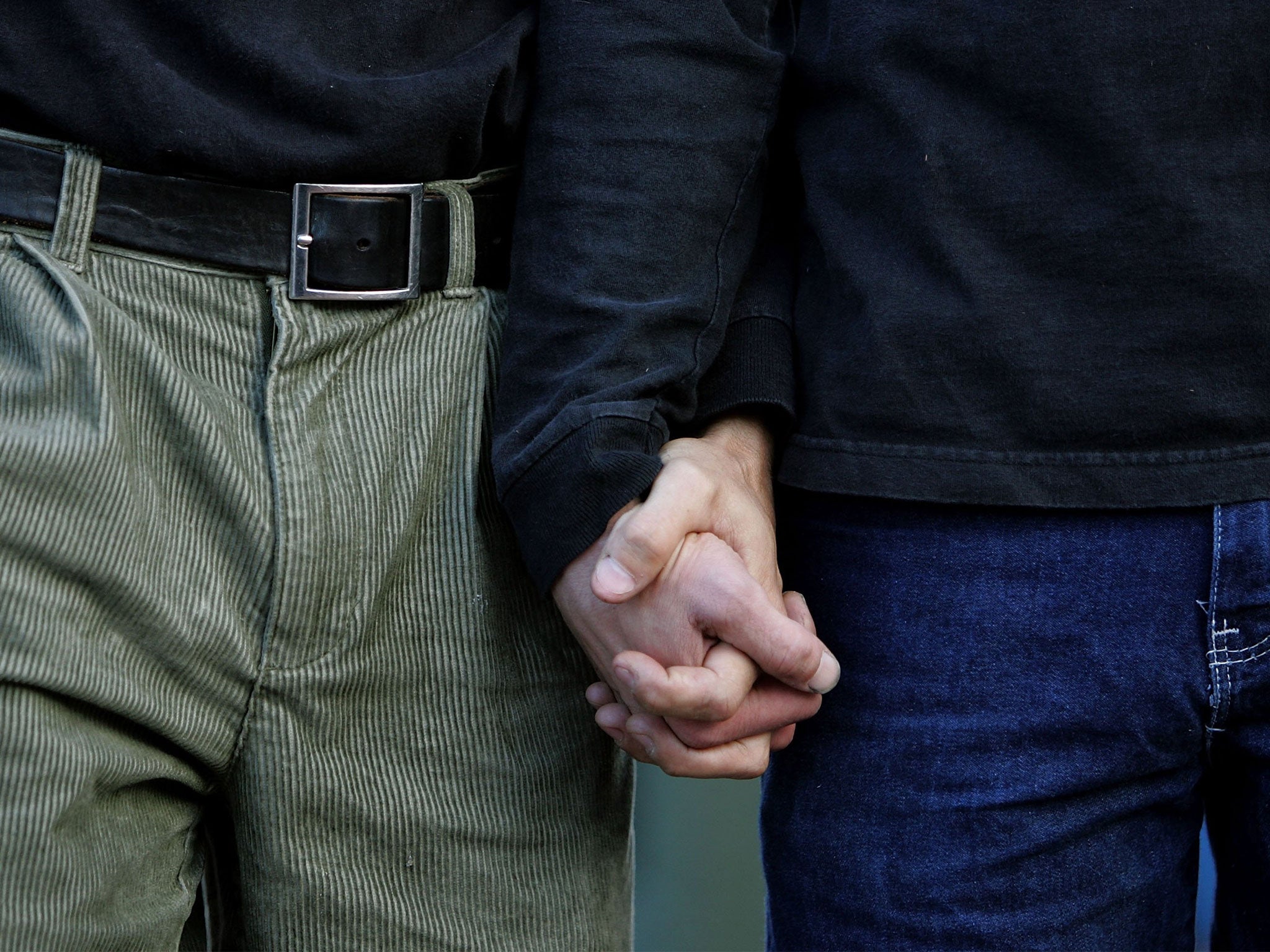Northern Ireland's largest Protestant church votes to deny same-sex couples full membership
Move comes as organisation distances itself from Church of Scotland over equal marriage stance

Your support helps us to tell the story
From reproductive rights to climate change to Big Tech, The Independent is on the ground when the story is developing. Whether it's investigating the financials of Elon Musk's pro-Trump PAC or producing our latest documentary, 'The A Word', which shines a light on the American women fighting for reproductive rights, we know how important it is to parse out the facts from the messaging.
At such a critical moment in US history, we need reporters on the ground. Your donation allows us to keep sending journalists to speak to both sides of the story.
The Independent is trusted by Americans across the entire political spectrum. And unlike many other quality news outlets, we choose not to lock Americans out of our reporting and analysis with paywalls. We believe quality journalism should be available to everyone, paid for by those who can afford it.
Your support makes all the difference.Same-sex couples have been denied full access to Northern Ireland's largest Protestant church.
As a result of a new policy formally adopted by the Presbyterian Church at its annual meeting in Belfast, they will no longer be able to have their children baptised.
However, a church spokesman insisted that same-sex couples will not be prevented from attending worship, coming into church, receiving communion, or having access to pastoral care.
“On many issues the church provides guidance to our ministers and elders in Kirk sessions and we wanted to consider what a credible profession of faith means for same-sex couples who want to become communicant members of the church,” he added.
“The same principle also applies to everyone, regardless of background or circumstance and those who want to baptise their children.”
The move comes in a week in which the church agreed to distance itself from the Church of Scotland, because ot its more liberal views on same-sex relationships.
The head of the Scottish church, which is considered the mother organisation of the Irish Presbyterian Church, will no longer be invited to the annual meeting of the Presbyterian general assembly in Belfast.
Last month, the Church of Scotland took a step towards allowing ministers to conduct same-sex marriages.
Alliance Party leader and Presbyterian, Naomi Long, has criticised the general assembly’s decision.
“As a Presbyterian this grieves me greatly: my heart is broken today,” she wrote on Twitter. “I can only imagine the hurt this has caused to those from the LGBT community. It does not reflect the views of so many of us who love, respect and value you as family, friends and members of our community.”
Presbyterians in Ireland have also agreed their moderator, the Rev Dr Charles McMullen, should meet Pope Francis when he visits Dublin in August.
Earlier in the week its general assembly agreed to strongly oppose any legislation that allows assisted suicide and euthanasia.
Lindsay Conway, secretary of the Council for Social Witness, said the assembly needed to be aware of the “slippery slope principle”.
She claimed mental health issues were now grounds for assisted suicide and euthanasia in the Netherlands.
The Republic of Ireland's government was also urged to keep to its promises that abortion will be rare in the state and that children with disabilities will not have their lives terminated.
The Presbyterian Church opposed repeal of the eighth amendment of the constitution, which outlawed abortion in most cases, ahead of the 25 May referendum.
Additional reporting by PA
Join our commenting forum
Join thought-provoking conversations, follow other Independent readers and see their replies
Comments